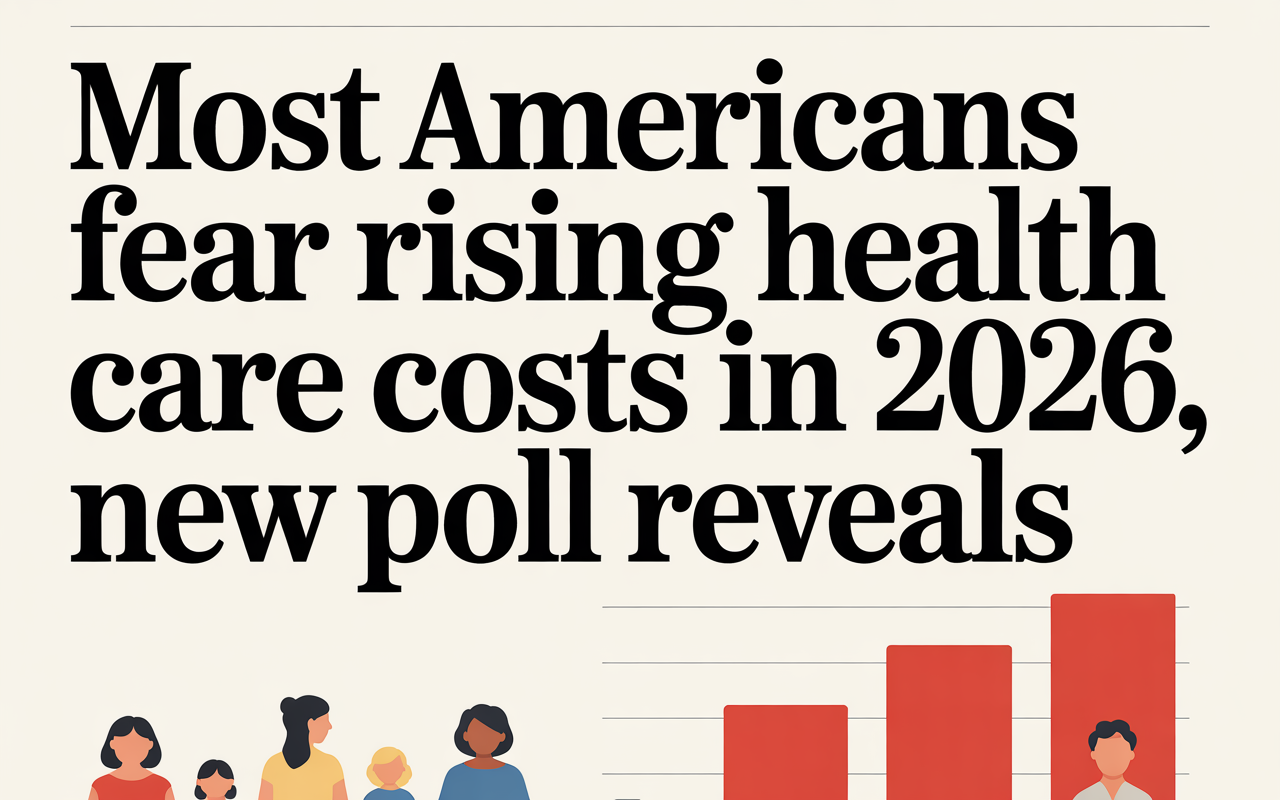Most Americans Fear Rising Health Care Costs in 2026, New Poll Reveals
The Cereal City Buzz
Archives
Most Americans Fear Rising Health Care Costs in 2026, New Poll Reveals
SIGN UP FOR OUR NEWSLETTER
Most Americans Fear Rising Health Care Costs in 2026, New Poll Reveals |
Nationwide survey highlights widespread anxiety over escalating medical expenses and insurance uncertainties |
A recent survey indicates that approximately 60% of U.S. adults are "extremely" or "very" concerned about potential increases in health care costs in the upcoming year. This apprehension spans across various age groups and includes both insured and uninsured individuals.
Beyond the fear of rising expenses, about 40% of respondents express significant worries about their ability to afford necessary medical care or medications, access health services when needed, or maintain their current health insurance coverage.
These concerns are intensifying as Medicare beneficiaries begin selecting plans for the next year and open enrollment periods for other health plans approach in November. Federal policy changes have placed millions at risk of facing higher insurance premiums or losing coverage altogether.
The survey also reveals a deep ideological divide regarding the government's role in health care. Approximately 80% of Democrats believe it's the federal government's responsibility to ensure all Americans have health coverage, compared to about one-third of Republicans.
Public trust in the current administration's handling of health care is notably low. Only about 30% of U.S. adults approve of President Donald Trump's approach to health care, a figure that has remained relatively unchanged since September. This sentiment is shared by nearly all Democrats, approximately 80% of independents, and about one-third of Republicans.
The survey underscores the pressing need for policy interventions to address the escalating concerns over health care affordability and accessibility. As open enrollment periods near, many Americans are left uncertain about their health care futures. |

